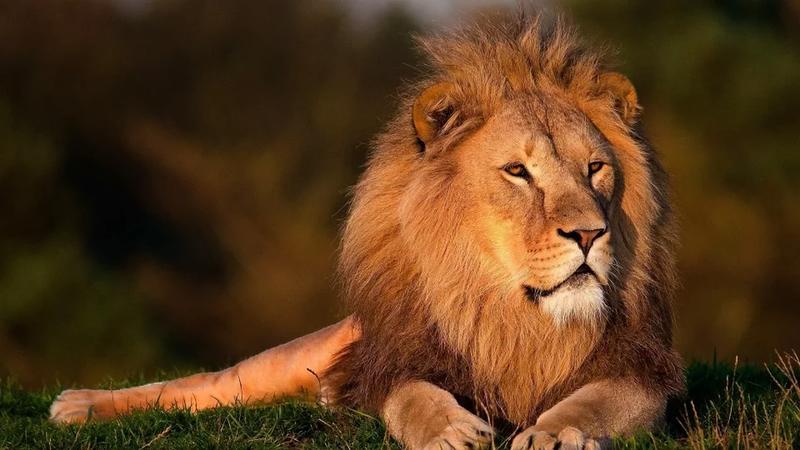What Is the Lion’s Niche?

Known as the “king of the jungle” or the “king of beasts,” lions are at the top of the food chain, and they hunt and eat other animals to survive. Their niche in the ecosystem allows them to help with other animal population control and prevent the spread of disease.
In ecology, a niche is a role a species plays within its ecosystem, habitat, or community. Whether they’re predators, parasites, or competitors, or they practice mutualistic arrangements, every species in an ecosystem, habitat, or community serves a purpose.
What Is a Niche?
Where Do Lions Live
Aside from zoos and sanctuaries, wild lions typically live in Africa, although some live in select parts of Southeast Asia. While you can find them in various ecosystems, most of them live in Sub-Saharan savannas, scrubs, and grasslands because they are close to prey. They also typically choose places near streams or rivers so that they have a large water supply. No matter where a lion lives, it is always at the top of its food chain.
A Lion’s Diet and Hunting and Skills
Lions typically eat hooved animals like zebras, gazelles, antelopes, wildebeests, and impalas. They’ll also eat the young of larger animals like elephants, giraffes, and buffalo. In some cases, they’ll eat smaller carnivores like baboons and leopards. Female lions do most of the hunting for their pride because they can camouflage themselves better than males. They typically hunt in groups because it allows them to gang up on their prey, although they will go alone if they have to. Lions prefer to hunt at night and sleep through most of the daylight hours. A pride may hunt within 100 miles of its home territory. When food is scarce, a lion may scavenge for food that has already been killed by other predators in their area.
How Lions Help With Population Control
Being a predator at the top of the food chain is a lion’s niche, no matter where it lives, and one of the main benefits of that is population control. That includes killing herbivores. If lions didn’t kill them, the herbivore population would explode in such a manner that it would be difficult for all of them to find food. This would lead to extreme competition and, eventually, the extinction of certain species. Lions also kill smaller carnivores, preventing them from becoming overpopulated and taking over farms. Smaller carnivores pose a threat to livestock and crops.
How Lions Help Prevent the Spread of Disease
The lion’s niche also helps prevent the spread of disease. When a lion goes after a herd of hooved animals, it goes for the weakest member. Often, the weakest member is sick, and when the lion kills it, whatever disease it carries doesn’t spread to the healthier members of the herd.
Lions as a Vulnerable Species
Unfortunately, the lion population is on the decline, and it’s currently vulnerable to becoming an endangered species as of 2019. Without lions, other animals in the ecosystem may become sick, competition for food may increase, some food sources may disappear, and some animal species could also become extinct. Trophy hunting and destroying a lion’s habitat are two reasons why the lion population is declining.





